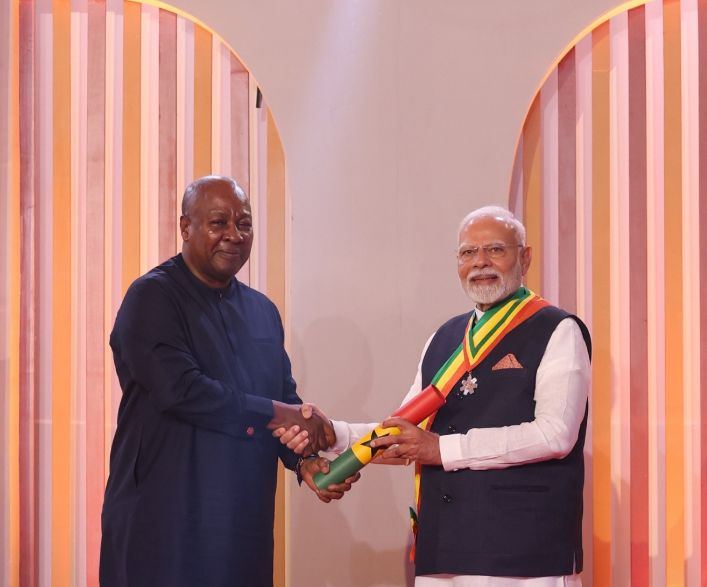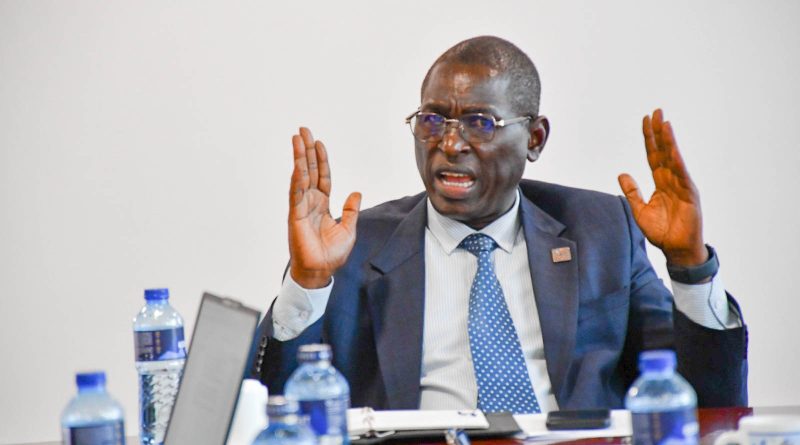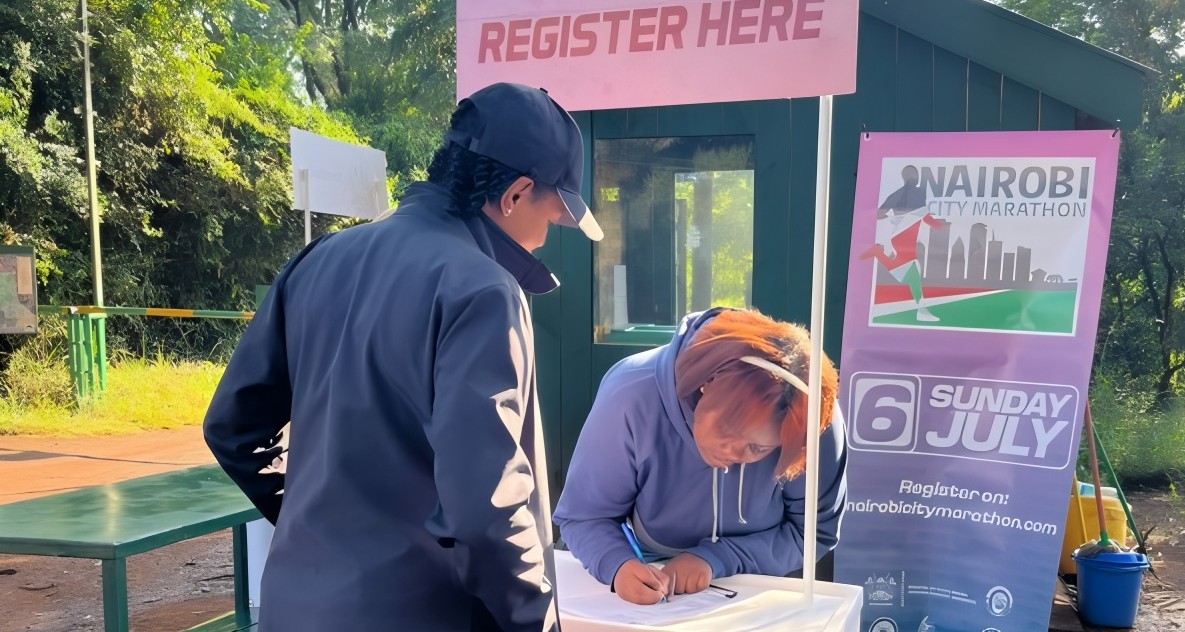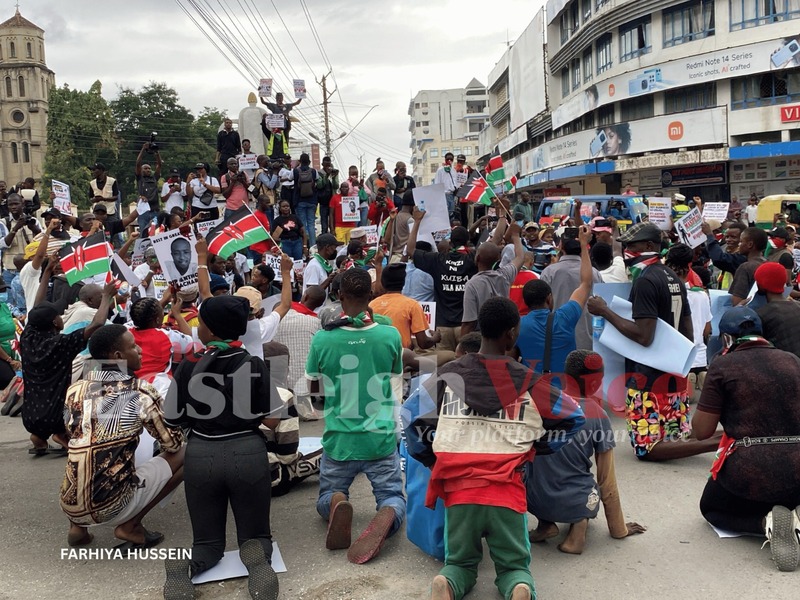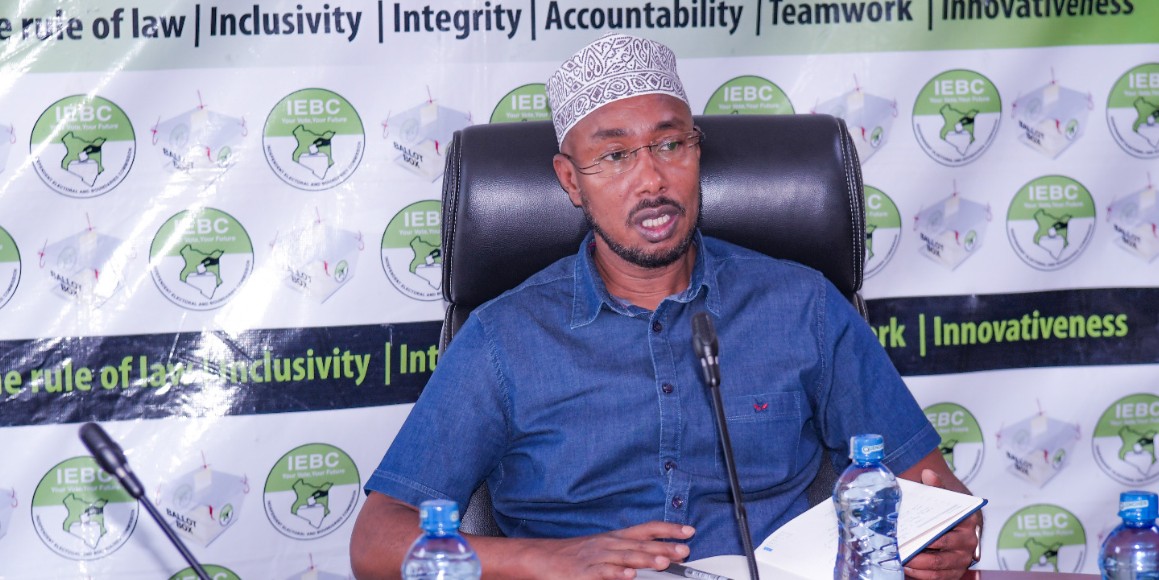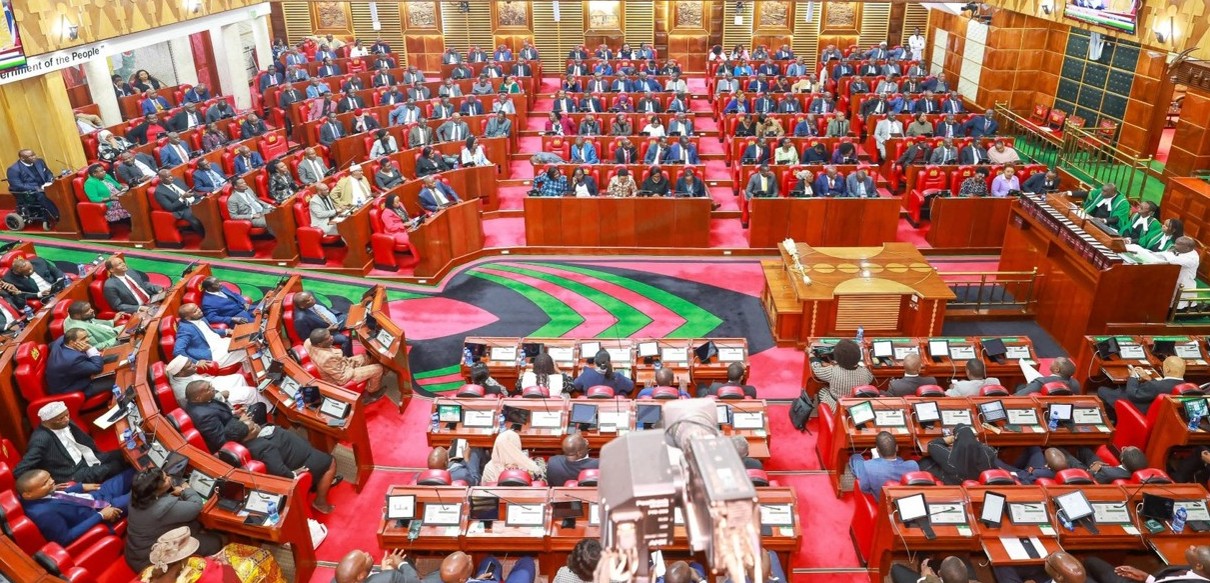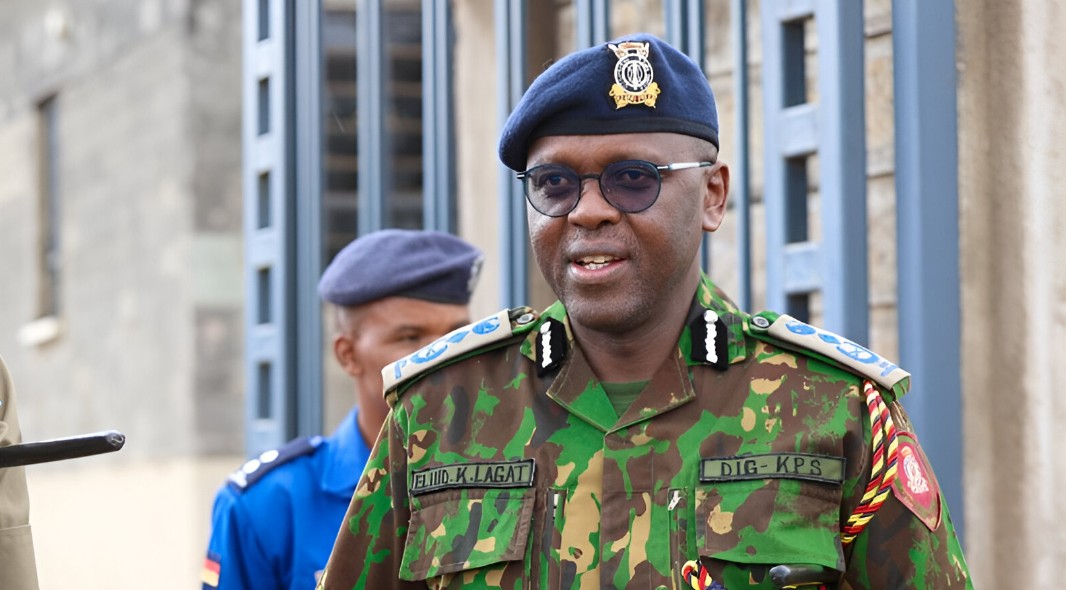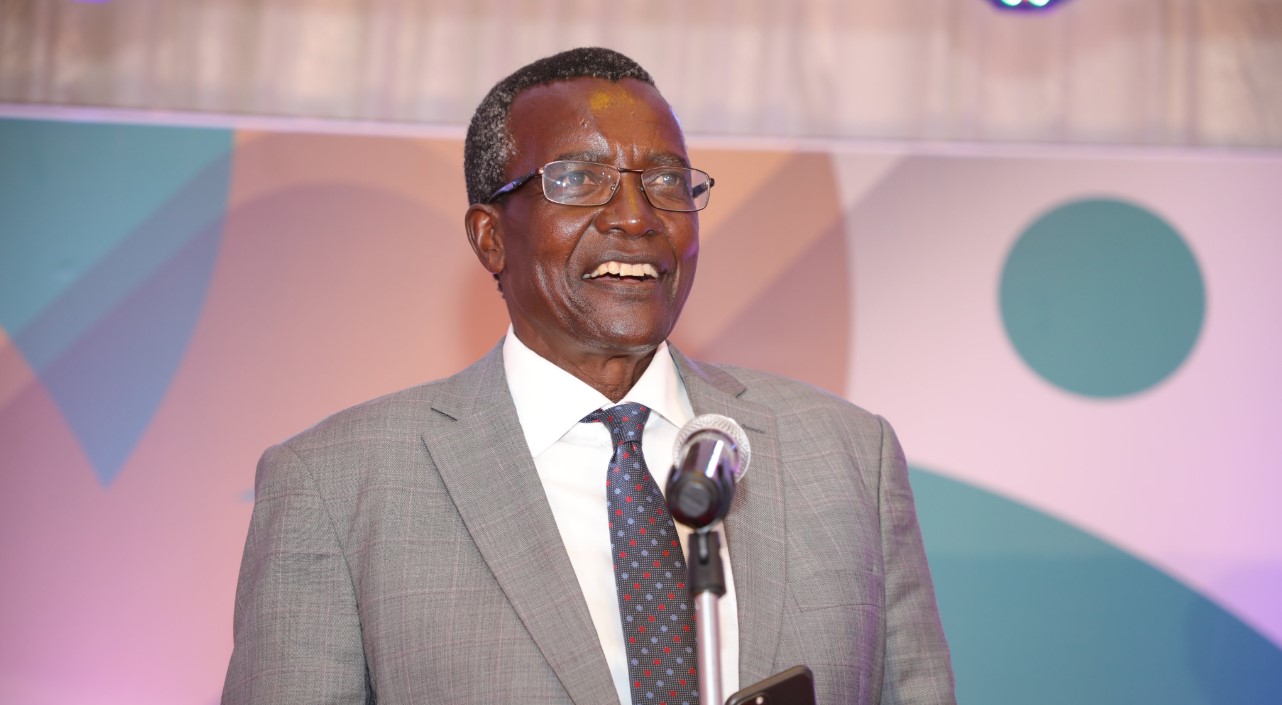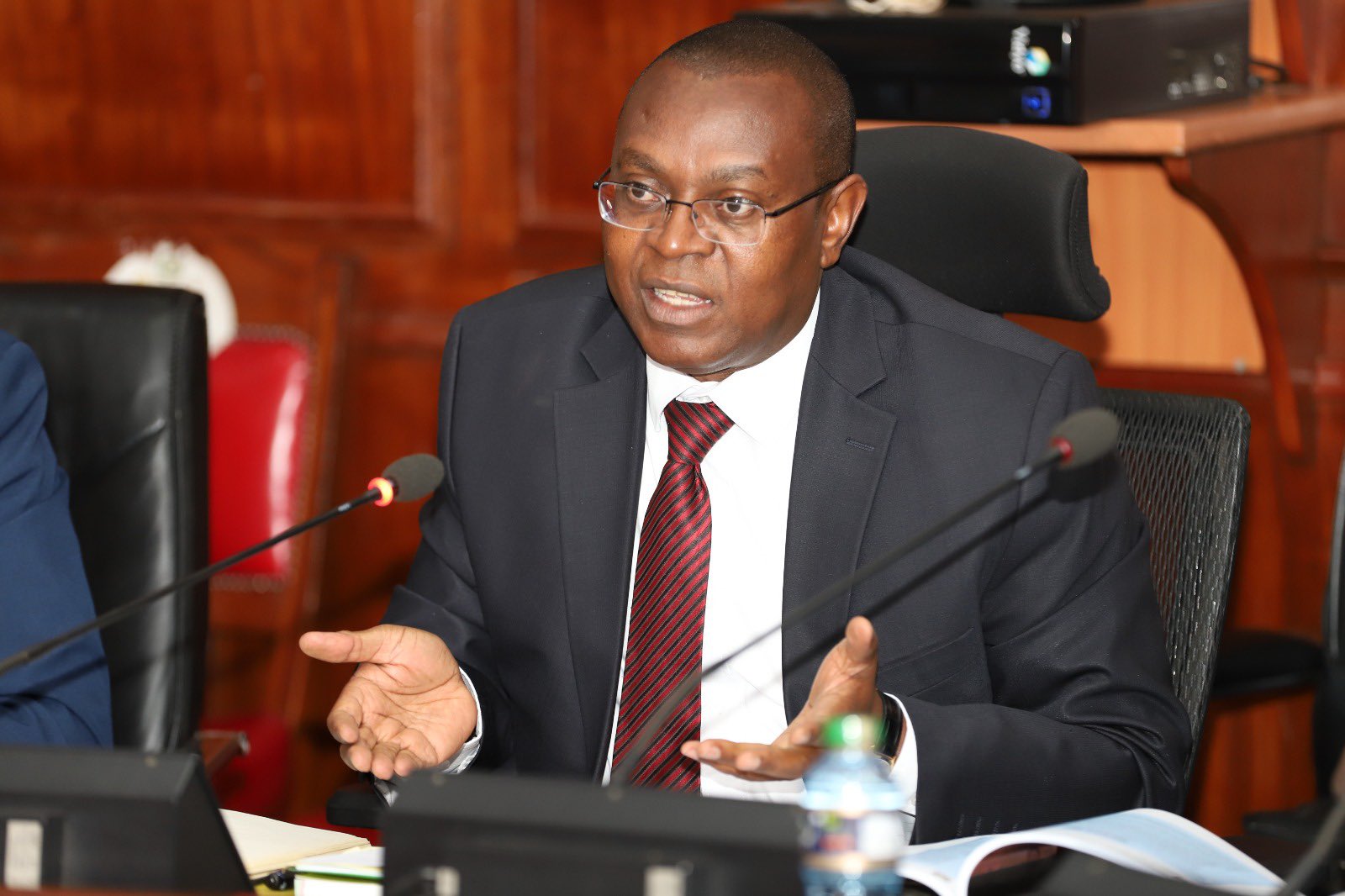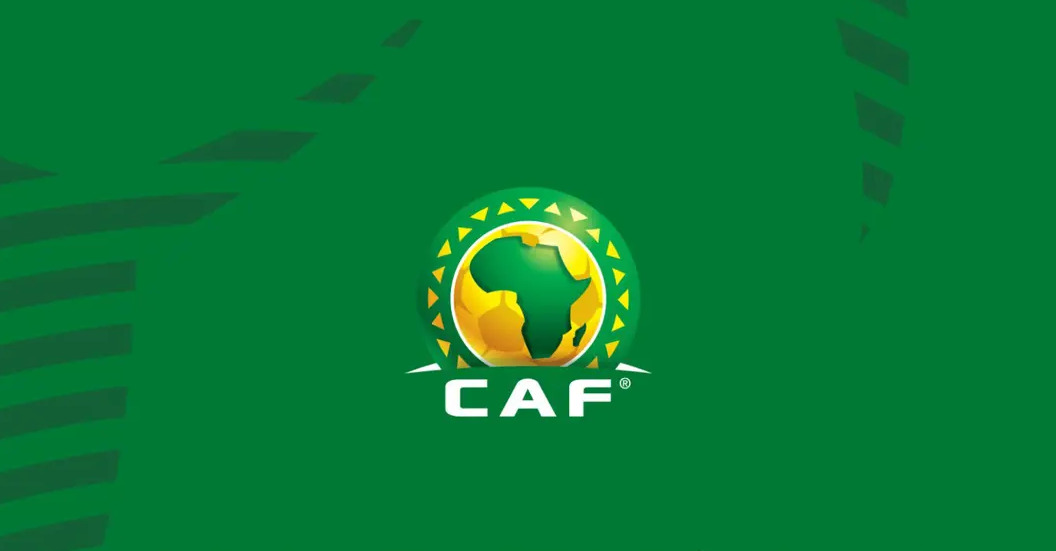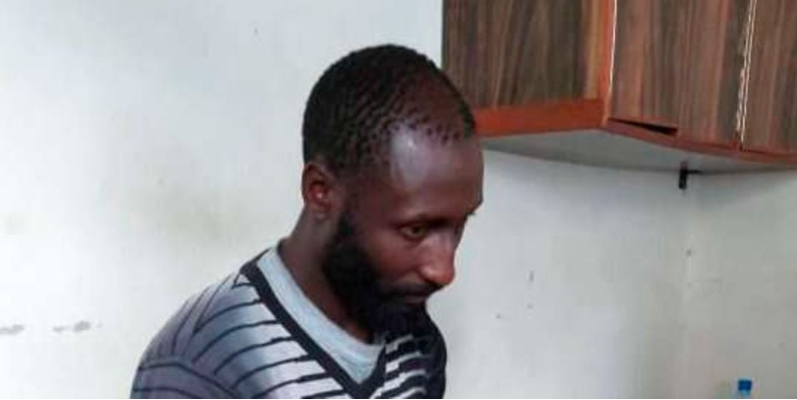WHO urges Kenya to intensify polio eradication efforts amid new cases

Achieving eradication requires 100 per cent vaccine coverage; however, WHO estimates that Kenya's vaccination rate is currently around 91 per cent, with some areas near Somalia having rates as low as 77 per cent.
The World Health Organisation (WHO) has urged Kenya to greatly increase its polio eradication efforts in response to recent outbreaks. Kenya recorded eight occurrences of vaccine-derived polio over the past year, in which some children became paralysed.
In addition, a suspected new case was identified on May 15, according to a report submitted to the Global Polio Eradication Initiative.
More To Read
- WHO calls for global tax hike on tobacco, alcohol, sugary drinks to reduce consumption
- MoH says Kenya fully stocked on vaccines as Sh4.9 billion allocation secures future supply
- One in six cancer drugs in Kenya, Ethiopia found to be substandard
- Mpox continues to spread in Africa, with 18 countries reporting active transmission
- Ethiopia nears milestone in tobacco control - WHO
- 40 killed in Sudan after drone strikes hospital in West Kordofan - WHO
This call for action coincides with an extended three-month travel advisory for Kenya. On Tuesday, the WHO announced its goal to eliminate circulating vaccine-derived poliovirus type 2 (cVDPV2) by 2028, noting an intensification of cVDPV2 transmission in the Horn of Africa in early 2024.
In January 2024, Kenya declared a polio outbreak after 14 cases were reported in Garissa County and Nairobi, raising concerns about the disease's resurgence after nearly a decade. The government initiated emergency vaccination campaigns targeting over 7.5 million children in high-risk areas.
The outbreak was linked to travellers who contracted the virus from a neighbouring country. Despite being declared polio-free in 2014, Kenya is urgently working to prevent further spread of the virus.
WHO Director-General Dr. Tedros Adhanom Ghebreyesus convened a meeting with advisers on July 8 to discuss the situation with affected countries, including Kenya.
The conclusion was that the risk of international poliovirus spread is still a Public Health Emergency of International Concern (PHEIC), hence the Temporary Recommendations should be extended for another three months.
"WHO's International Travel and Health Recommendations now advise that travelers to polio-affected areas in Kenya be fully vaccinated. Residents of these regions should receive an additional dose of either oral or inactivated polio vaccine within four weeks to 12 months before travelling," stated the report.
The majority of polio cases in Kenya have been reported in the Northeastern region, particularly in refugee camps, with low immunisation rates contributing to cVDPV outbreaks. WHO advisers are urging Kenya to strengthen its routine vaccination efforts.
Polio is a highly infectious disease that primarily affects children under five, causing permanent paralysis in approximately one in every 200 infections.
Although there is no cure for polio, it can be prevented and eradicated through vaccination.
Achieving eradication requires 100 per cent vaccine coverage; however, WHO estimates that Kenya's vaccination rate is currently around 91 per cent, with some areas near Somalia having rates as low as 77 per cent.
Polio primarily affects children under five, with one in 200 infections leading to irreversible paralysis. Among those paralysed, 5–10 per cent may die due to immobilisation of the breathing muscles.
Since 1988, wild poliovirus cases have decreased by over 99 per cent from an estimated 350,000 cases in more than 125 endemic countries to just two endemic countries as of October 2023.
WHO notes that as long as a single child remains infected, there is a risk of global polio spread. Failure to eradicate polio from the remaining strongholds could lead to a resurgence of the disease.
Efforts to tackle polio have also strengthened global capacities to address other infectious diseases through improved surveillance and immunisation systems.
The World Health Organisation (WHO) has advised Kenya to take several critical actions in response to recent polio outbreaks. First, Kenya should officially declare the interruption of poliovirus transmission a national public health emergency if this has not yet been done. The country is also urged to conduct urgent investigations to determine if there has been local transmission of imported circulating vaccine-derived poliovirus type 2 (cVDPV2).
Kenya is also encouraged to consider requesting vaccines from the global OPV2 stockpile, which is specifically designed to address type 2 poliovirus infections.
To strengthen its eradication efforts, Kenya should intensify routine immunisation campaigns and improve the sharing of vaccination coverage data. Incorporating the inactivated polio vaccine (IPV2) into vaccination schedules and considering the introduction of the hexavalent vaccine approved by Gavi are also recommended.
In May the Ministry of Health reported shortages in routine vaccines, including BCG, Oral Polio, and Measles-Rubella vaccines, which have prompted urgent action. With less than two months' stock available for traditional vaccines and low levels for other routine childhood vaccines supported by Gavi, this situation poses a significant risk to public health, especially for children and vulnerable populations.
In response, Harry Kimtai, Principal Secretary of the State Department for Medical Services, stated that the Ministry is implementing several strategies, including tracking vaccine consumption, facilitating redistribution between counties, working closely with UNICEF to expedite vaccine delivery, and allocating funds for urgent procurement.
Top Stories Today

